Summaries of books about International Relations:
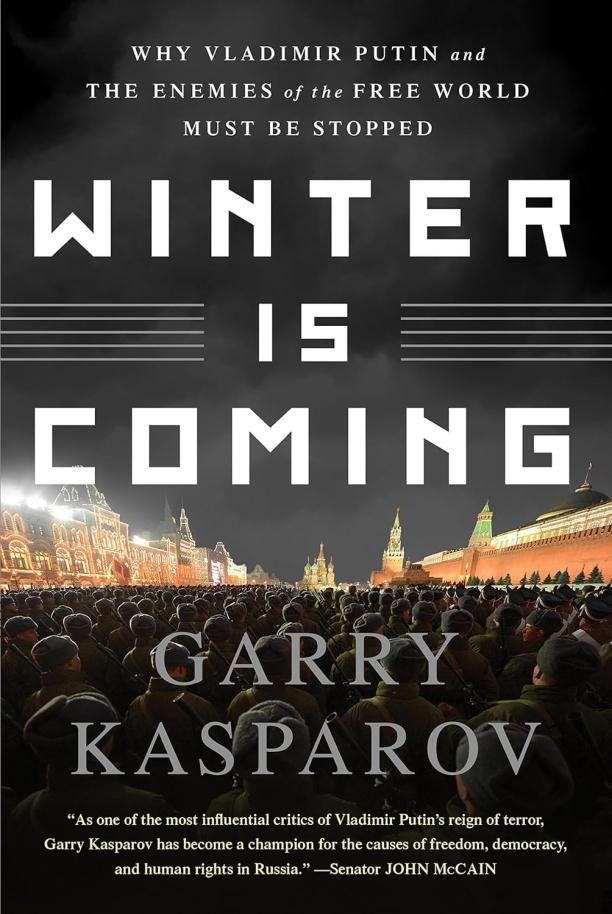
Winter Is Coming
Why Vladimir Putin and the Enemies of the Free World Must Be Stopped
Garry Kasparov
The book presents a critical analysis of Vladimir Putin's rise to power and his authoritarian regime, arguing that the international community must take a stronger stance against Russia's aggressive actions and human rights abuses. It also discusses the broader implications for global security and the importance of defending democratic values against authoritarian threats.
See full summary
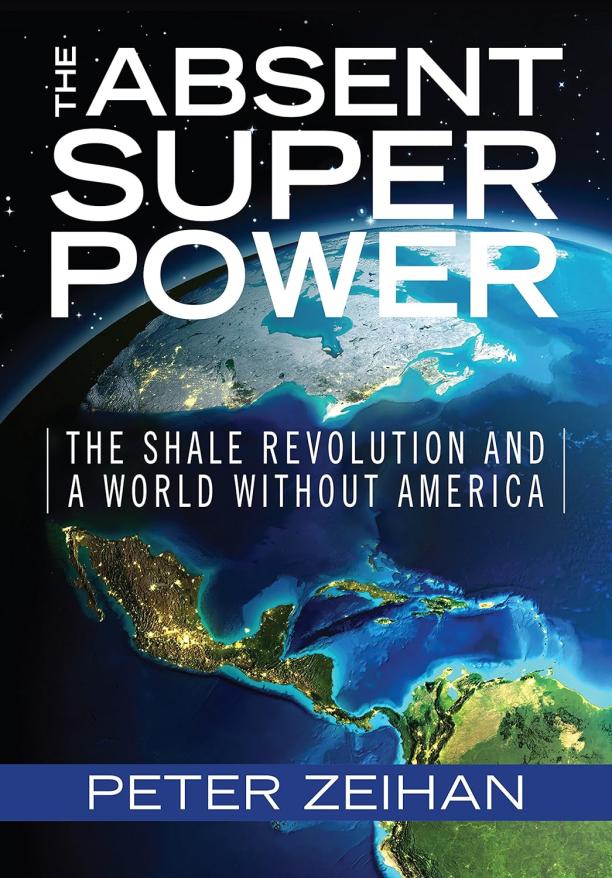
The Absent Superpower
The Shale Revolution and a World Without America
Peter Zeihan
The book explores the geopolitical consequences of the American shale energy revolution, predicting a future where the United States becomes energy independent and potentially withdraws from global affairs, leading to a power vacuum and increased instability in international relations. It discusses how this shift could reshape global alliances, economic patterns, and the strategic landscape, with particular focus on the impacts for energy-dependent nations.
See full summary

Ally
My Journey Across the American-Israeli Divide
Michael B. Oren
The memoir recounts the experiences of the author as the Israeli ambassador to the United States from 2009 to 2013, detailing his efforts to navigate the complex political and diplomatic challenges between the two nations. It provides an insider's perspective on the relationship dynamics, policy decisions, and personal anecdotes from his tenure during a period of tension and transformation in Middle Eastern politics.
See full summary
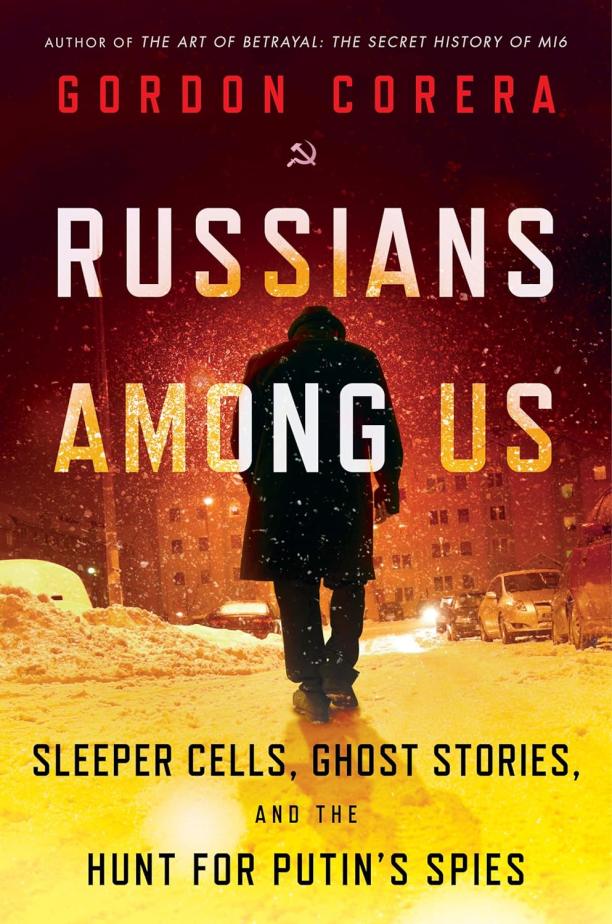
Russians Among Us
Sleeper Cells, Ghost Stories, and the Hunt for Putin's Spies
Gordon Corera
The book delves into the world of Russian espionage post-Cold War, revealing how Russia has deployed sleeper agents and conducted covert operations in the West. It provides a detailed account of the FBI's pursuit and exposure of these spies, including the infamous case of the Illegals Program, and examines the broader implications for national security and international relations.
See full summary

Palestine Peace Not Apartheid
Jimmy Carter
The book presents the former U.S. President's perspective on the Israeli-Palestinian conflict, arguing that Israeli policies in the occupied territories are oppressive and akin to apartheid. It offers a historical overview, personal recollections, and policy suggestions for achieving peace in the region.
See full summary
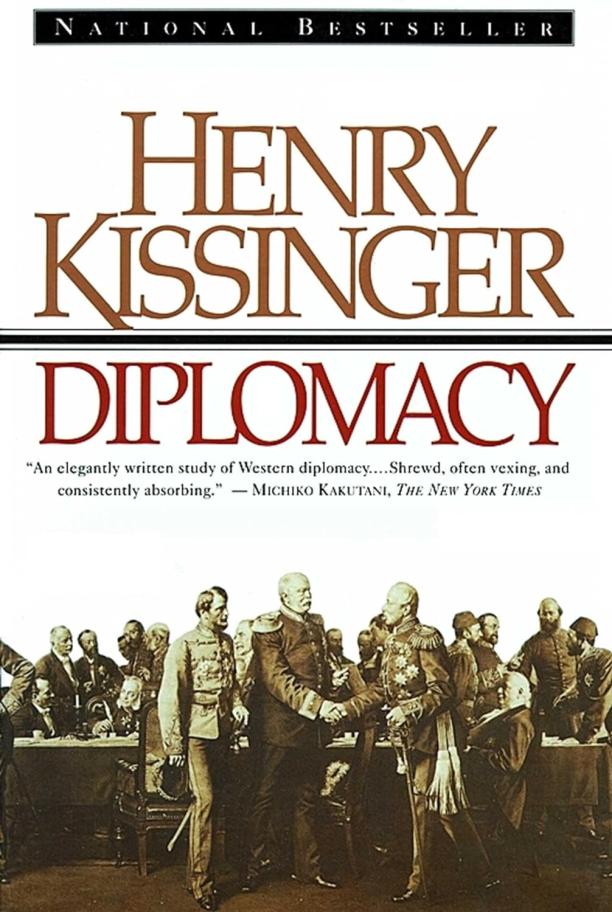
Diplomacy
Henry Kissinger
The book provides a sweeping historical analysis of international relations and the art of diplomacy, examining pivotal events and the strategies of world leaders from the Peace of Westphalia to the late 20th century. It offers insights into the diplomatic practices that have shaped the modern world, with a focus on the balance of power and the role of the United States in global affairs.
See full summary
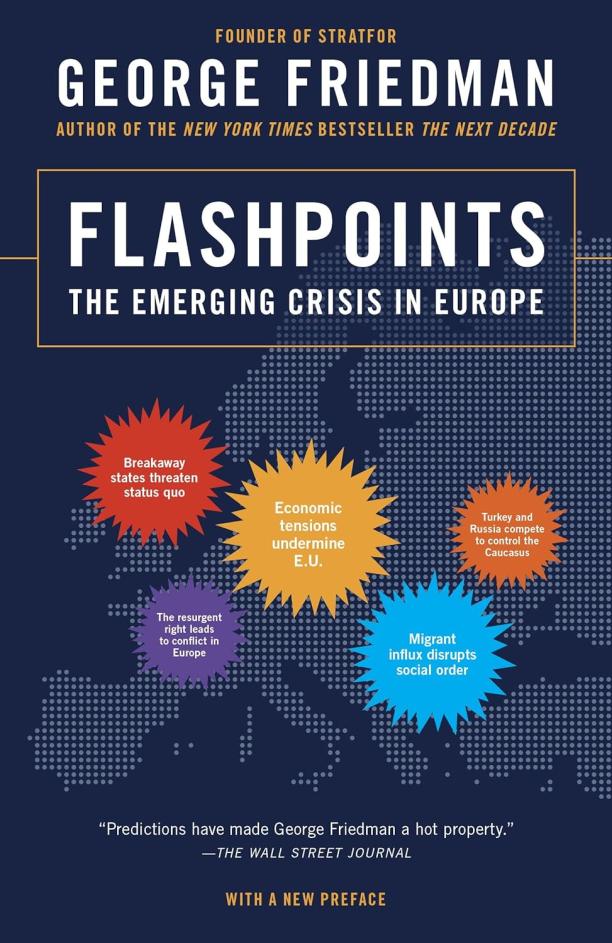
Flashpoints
The Emerging Crisis in Europe
George Friedman
The book examines the underlying social, economic, and geopolitical tensions threatening the stability of the European Union, with a focus on historical conflicts and emerging divisions. It provides an analysis of potential crisis points, including border disputes, nationalism, and economic disparities, that could reshape the future of Europe.
See full summary

A World in Disarray
American Foreign Policy and the Crisis of the Old Order
Richard Haass
The book examines the decline of the international order that has governed global politics since World War II, highlighting the challenges posed by rising nationalism, changing power dynamics, and evolving threats. It discusses the need for a new foreign policy approach that addresses contemporary issues such as climate change, cyber threats, and terrorism, while adapting to the shifting balance of power among nations.
See full summary
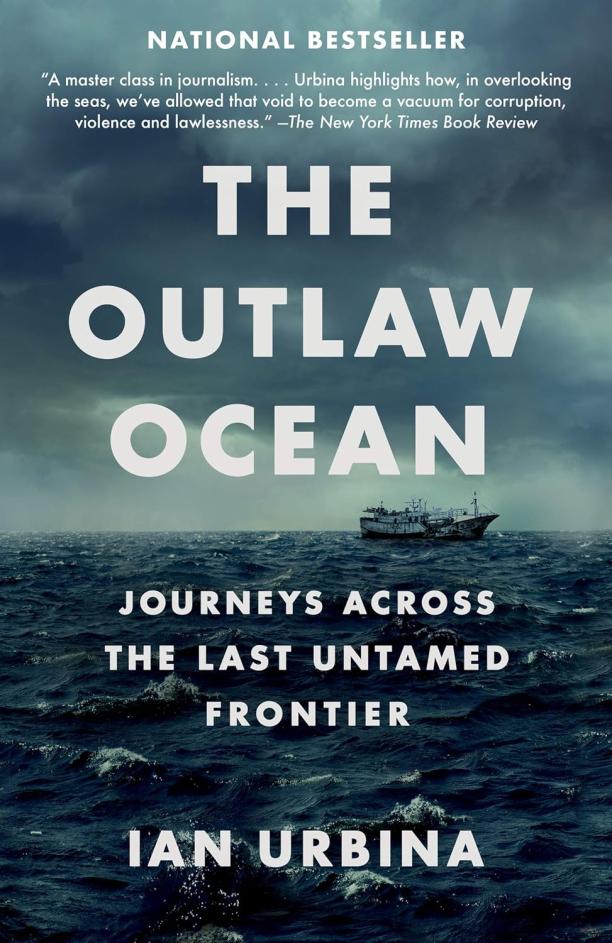
The Outlaw Ocean
Journeys Across the Last Untamed Frontier
Ian Urbina
The book investigates the lawless realm of international waters, exposing a world of crimes and exploitation at sea, including illegal fishing, human trafficking, and environmental destruction. It combines rigorous reporting with gripping storytelling, drawing from firsthand experiences and interviews to reveal the dark underbelly of the vast, unregulated oceanic territory.
See full summary
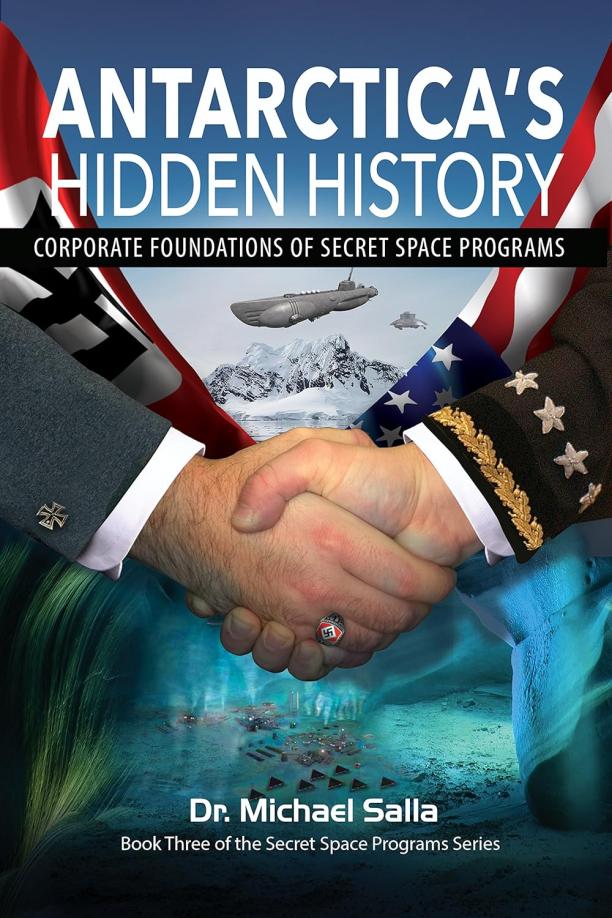
Antarctica's Hidden History
Corporate Foundations of Secret Space Programs
Michael E. Salla
The book delves into the possibility of secret space programs with advanced technology and extraterrestrial alliances, suggesting that Antarctica is a central hub for these covert operations due to its hidden bases and historical Nazi expeditions seeking otherworldly connections. It explores testimonies and evidence that propose a complex web of corporate and military interests in exploiting these secretive endeavors for power and technological advancement.
See full summary